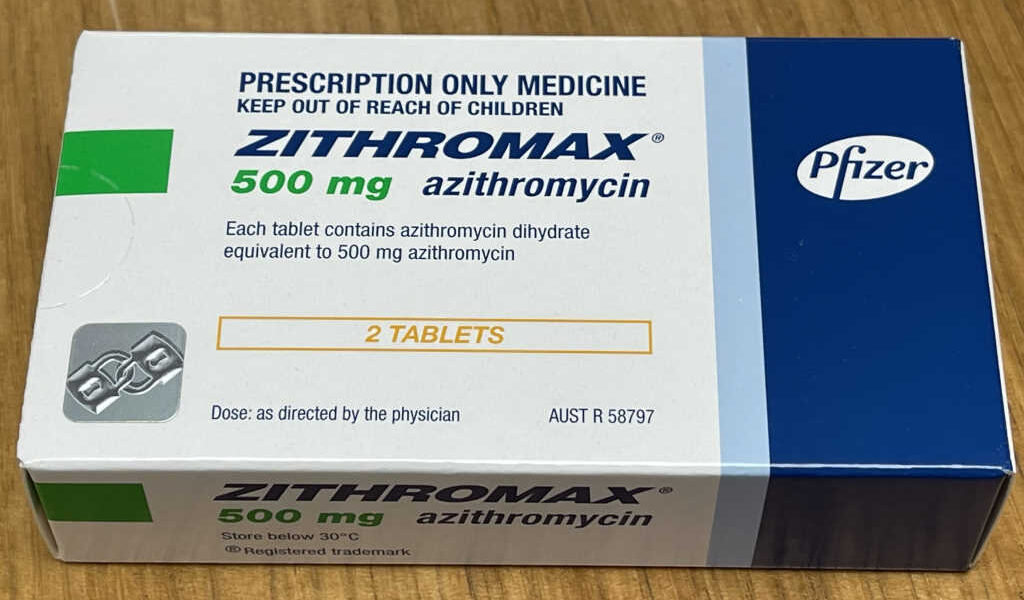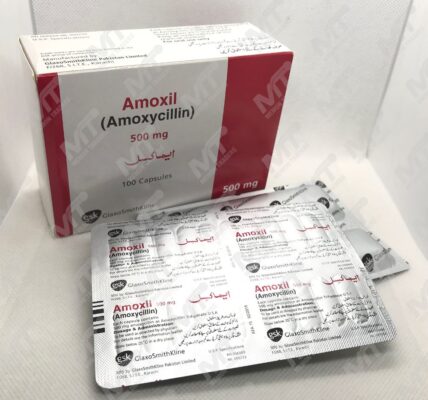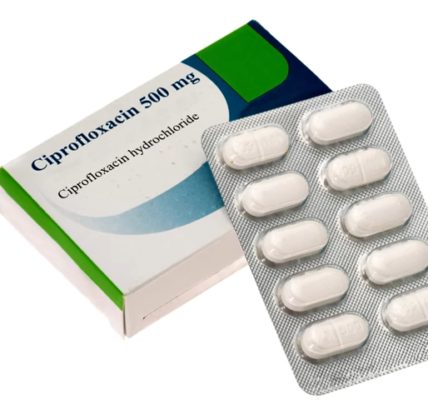Azithromycin (Zithromax): What is Azithromycin? Zithromax Uses, Dosage, Side effects & Precautions
In this article we’ll briefly discuss what is etheremycin how it works what it’s used for the dose and side effects contra indications and precautions is etheremycin is a macrolide antibacterial it interferes with microbial protein synthesis it is available as 250 500 and 600 milligrams capsules or tablets and also available as 200 milligrams per 5 milliliters powder for oral suspension to be reconstituted with filtered water is etheremycin is used in the treatment of infections of the respiratory tract chronic obstructive pulmonary disease
community acquired pneumonia mycobacterium of um complex pelvic inflammatory disease and sexually transmitted diseases caused by susceptible organisms and also used in the treatment of streptococcal tonsillitis acute otitis media only in penicillin allergic patients the usual dosage for community-acquired pneumonia for adults and children 16 years and older is 500 milligrams as a single dose on the first day followed by 250 milligrams once daily from day 2 to 5.
and for children 6 months and older 10 milligrams per kilogram as a single dose on the first day not to exceed 500 milligrams per day followed by five milligrams per kilogram from day two to five not to exceed 250 milligrams per day and the usual dose for mild to moderate chronic obstructive pulmonary disease for adults and children 16 years older is 500 milligrams per day for three days or 500 milligrams as a single dose on the first day followed by 250 milligrams once daily from day two to five the dose for acute otitis media
children six months and older 30 milligrams per kilogram given is a single dose or 10 milligrams per kilogram once daily for three days or 10 milligrams per kilogram as a single dose on the first day followed by 5 milligrams per kilogram from day two to five the usual dose for pharyngitis and tonsillitis for adults and children 16 years and older is 500 milligrams as a single dose on the first day followed by 250 milligrams once daily from day two to day five and for children at least two years the dose is 12 milligrams per kilogram
day for five days is etheremycin shouldn’t be administered to patients with allergy to azithromycin or another macrolide and to patients with severe hepatic impairment it may cause gastrointestinal disturbances heart rhythm disorders qt prolongation allergic reactions sometimes severe in case of allergic reactions it should be stopped immediately administer one hour before or two hours after meal do not administer simultaneously with antacids such as aluminium or magnesium hydroxide administer two hours apart avoid combination with drugs that
prolong the qt interval administer with caution and monitor using patients taking digoxin there is no contra indication in case of pregnancy and breastfeeding that’s all for this article, Good Bye.


